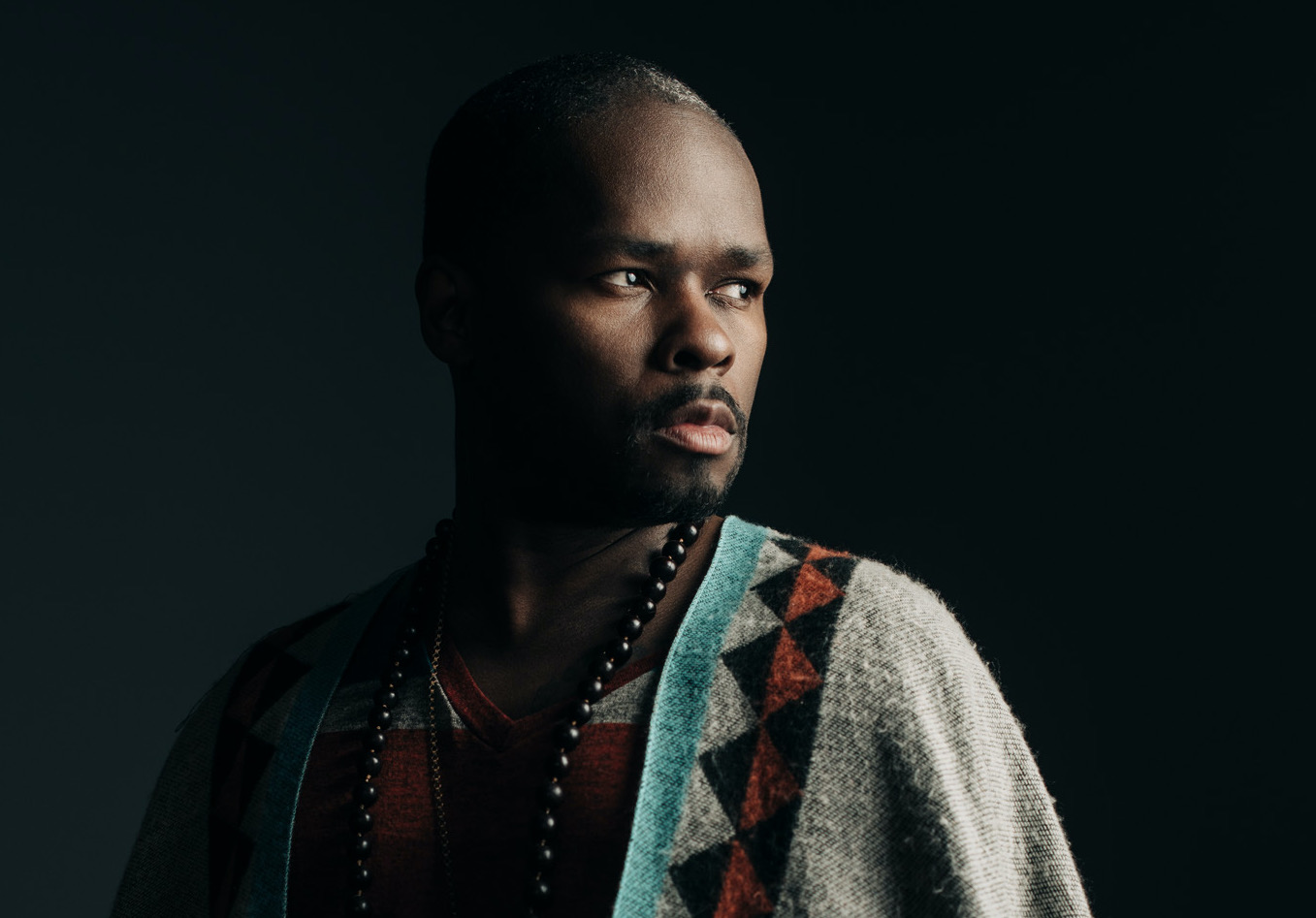An Intentional Conversation During Black History Month: A Look Into the Benefits & Challenges of Supporting Black & Brown Businesses

Since relocating to Lancaster County in 2005, I have watched the number of Black and Brown-owned businesses in Lancaster City grow over the years. Because of organizations like ASSETS that are working diligently to diminish the racial wealth gap in our city and county, as well as because of the tenacity and strength of the Black and Brown community, more and more people that look like me are running small businesses.
However, minority businesses are still not where they should be. Sadly, there are many businesses that are underserved and under-utilized by both the wider Lancaster County community, as well as by those of their own race and ethnicity.
This is a problem. And this is my experience.
As a small business owner, I have a deep desire to serve all people. This remains priority—in addition to seeing those who look like me utilize my services. However, the majority of my clients and customers are not Black and do not come from the community that I live in.
As a minority, I have often participated in discussions about the reasons for the lack of growth and accessibility in our own business communities. It is not uncommon to have conversations about why Black and Brown people don’t frequent businesses that are owned by people who look like themselves. A quick Google search provides thousands of articles and blogs about this.
I don’t feel compelled to add to the discussion.
What I do think is important is to encourage individuals—both Black, white, and everyone in between—to utilize BIPOC businesses because doing so empowers us all, strengthens our ENTIRE economy, and recognizes the inherent worth and valuable contributions of all people.
I have a unique boutique business, serving those at end-of-life with memoir writing and personal care/doula support services. Looking at my historic clientele, I can see that people of color either seek me out less, don’t know I exist, or choose to go with either less expensive options or no option at all. And those who look like me who do patronize my business are often outside of the immediate community that I live in. Why?
What would it look like if Black people supported each other’s businesses, just as much as they do major corporations and predominantly white services?
What would it look like if allies made an intentional shift to not only support minority businesses in their personal lives but also encourage others to support BIPOC businesses as well? What would it look like if these same allies advocated for not only the use and growth of minority businesses but for executive-level positions in businesses of all backgrounds to include Black and brown faces?
This is what it would look like:
The Wealth Gap would diminish.

In a discussion about the racial wealth gap, Vanessa Williamson, Senior Fellow of Governance Studies, wrote this at brookings.edu:
If Black households held a share of the national wealth in proportion to their share of the U.S. population, it would amount to $12.68 trillion in household wealth, rather than the actual sum of $2.54 trillion. The total racial wealth gap, therefore, is $10.14 trillion.
This is astounding. If real change were implemented in order to close this gap, the benefits would be experienced by us all. Both Black and white.
Job creation and national income percentages would see an increase.

The obstacles that make it excessively difficult for BIPOC entrepreneurs to own, operate and thrive in business are denying our country new business, jobs, and income.
Equal and fair access to funding would be made possible.

I have personally spoken with so many small businesses, both in Lancaster County and beyond, about how difficult it is to access funding. While there is no denying that services and accessibility have seen a positive increase over the years, the systemic problems of racism and economic disparity continue to have an influence on when, where, and how a business can receive adequate and justifiable capital for both start-up AND maintenance.
Conversations around internal business structures would become more common.

This one is huge. Have you ever wondered why you don’t see many Black CEO’s in large companies with many employees? CBSnews and the Center for Talent Innovation reports that Black people make up only 3.2% of senior leadership roles in large U.S. companies and only .8% of CEO positions in Fortune 500 Companies.
When we include Black and Brown faces within the leadership of a company, diversifying not only who makes decisions but also those who have ownership stakes, we strengthen accessibility and representation.
So, let’s circle back to my particular challenge that Black consumers are not accessing Black-owned business. I am inclined to believe that average household incomes within the minority communities of Lancaster don’t have enough margin to elicit investment in my business, or any business, that isn’t essential to the activities of their daily living. Buy groceries or have your grandmother’s life story written before she dies? On a budget, I understand that groceriestake priority.
Here’s another thought. Some Black businesses may not be doing the same volume as their white counterparts and thus, must charge more. Consumers utilizing these establishments have to consider affordability. All of us want the best deal possible. But have you considered that perhaps an investment in a small Black owned business may go a lot farther than shopping at a larger corporation? And have you considered that a concentration of business equity in White America adds to the wealth gap and to keeping Black owned businesses from charging comparable prices? According to research done by Mckinsey and Company, “Black Americans hold significantly less business equity than their White counterparts.”
In some ways, this once again returns us to the racial wealth gap.
The last soapbox I will stand on is social media marketing. In the content-driven world we live in, it is very easy to equate investment in a Black-owned business with the reposting of a piece of content online. Or with a like or share. While exposure is important and marketing is a vehicle that drives sales, it is also important to realize that Black-owned businesses can’t rely solely on exposure. We need sales. We need customers. We need people who are going to understand the importance of investing cold hard cash into our businesses through capital, financing and sales.
My encouragement lies in this: don’t just like and share. Get up and go buy.

There are so many advantages to both allies and other people of color making a commitment to invest time, energy, financial resource and frequent patronage in Black and Brown-owned businesses. There are so many reasons why this work is of benefit to us all. My favorite reasons include:
- The destruction of systemic racism and racial injustice.
- The celebration of Black and Brown culture.
- The elimination of the racial wealth gap.
- The attainment of resources that help eliminate both wealth inequality AND environmental injustice against people of color.
Lastly, if we really value Black-owned business, we will understand that often there is a child, a family, a mortgage, or a rent payment that lies behind the investment we make in them. There is a student loan waiting to be paid and a dream waiting to be fulfilled. This is more than enough reason for all of us, both Black and white, to intentionally invigorate minority business with our support and finances.
During this month where Black history is highlighted, I hope that we would be encouraged to believe that investment in Black business is a win for every community and ethnicity, regardless of the reason for its historical presence.
You are where you are today because you stand on somebody’s shoulders. And wherever you are heading, you cannot get there by yourself. If you stand on the shoulders of others, you have a reciprocal responsibility to live your life so that others may stand on your shoulders. It’s the quid pro quo of life. We exist temporarily through what we take, but we live forever through what we give.
– Vernon Jordan
Inspired?
- Take action and support Black and Brown businesses within your own community.
- Need some direction of where you could look within Lancaster County? >> Visit ASSETS’ Diverse & Inclusive Business Directory
- Are you a BIPOC business owner looking for support?
- Your voice is necessary. Your voice is important. Share your experience >> Join the Reinventing our Communities (ROC) cohort centering BIPOC and underrepresented business voices.
- We offer free 1-on-1 Discovery Calls to learn more about you and your businessand chat through how we can help you. >> Training | Lending | Consulting
